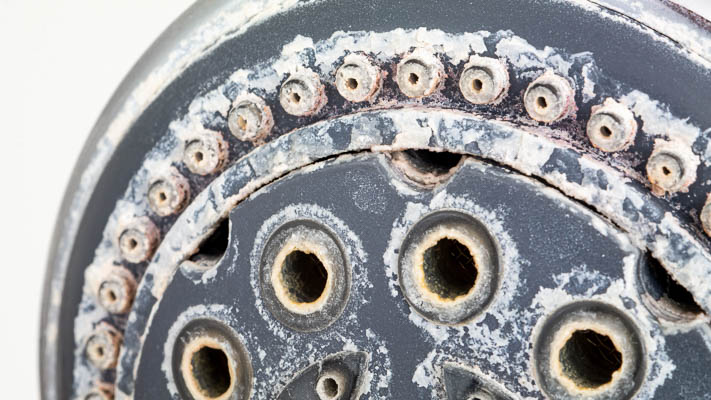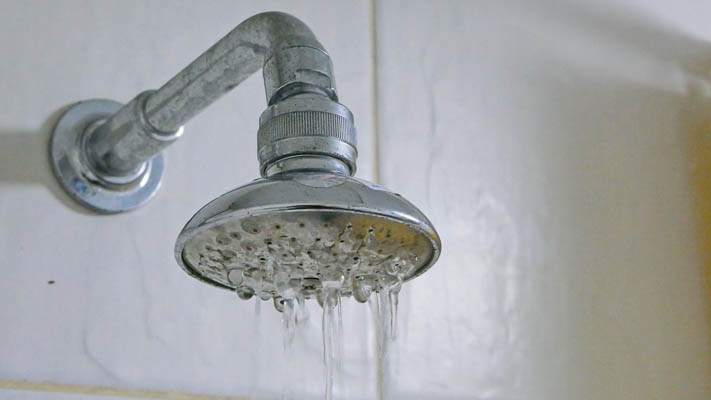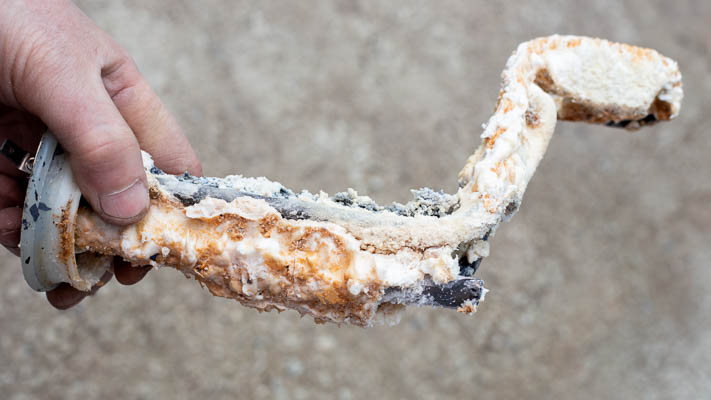What are Household Water Heaters?
Household water heaters are essential appliances that provide a steady supply of hot water for everyday tasks like bathing, cleaning, cooking, and laundry.
These devices typically consist of a storage tank or a tankless water unit, each using a different mechanism to heat and deliver water.
Storage tank water heaters store and heat water within an insulated tank, utilizing heating elements or a burner to maintain a preset temperature. In comparison, tankless water heaters, also known as on-demand water heaters, instantly heat water as it flows through coils or heat exchangers.
Ensuring the correct sizing, proper installation, and regular maintenance of household water heaters is crucial for optimal performance, efficiency, and longevity.
How do Faulty Water Heaters Impact Household Water Pressure?
Faulty water heaters can cause significant drops in household water pressure. Common causes of fluctuating water pressure include simple issues like a partially closed supply valve to the water heater or a kinked supply or outlet pipe (especially if your water heater uses flexible connections).
Various problems with a malfunctioning water heater can result in reduced water pressure throughout the home:
- Sediment Buildup: Over time, sediment, minerals, and debris can accumulate at the bottom of a water heater tank. This is often caused by the effects of hard water. This buildup reduces the tank's hot water capacity and can clog the connected water lines, leading to restricted flow and lower water pressure at fixtures like faucets and showers.
- Leaking Pressure Relief Valve: The pressure relief valve is a safety feature on water heaters that releases excess pressure to prevent the tank from exploding. If this valve is faulty or leaking, it can cause a continuous release of pressure, which affects the overall system pressure and subsequently lowers water pressure throughout the household. There are several easy ways to measure your home's water pressure.
- Faulty Pressure Regulator: Some water heaters have built-in pressure regulators to maintain consistent water pressure throughout the home. If the water pressure regulator malfunctions, it can lead to inconsistent water pressure, causing fluctuations that are especially noticeable during hot water usage.
- Clogged or Corroded Pipes: A faulty water heater can introduce debris or rust particles into the water lines. These particles can accumulate within the pipes and fixtures, causing blockages that restrict water flow and decrease overall water pressure.
- Leakage or Corrosion: If a water heater develops leaks due to corrosion or other issues, it can impact the overall pressure in the plumbing system. Leaking hot water not only wastes water but also reduces the amount of available water for distribution, leading to decreased pressure.

To fix these issues and restore proper water pressure, it's important to have a professional plumber inspect and repair the water heater. Regular maintenance, such as flushing the tank to remove sediment and checking all components for proper operation, can prevent pressure problems related to the water heater and keep your plumbing system running smoothly.
Get your free estimate today
With over 75,000 repipes completed, we've perfected our One-Stop Repipe™ for your home.
What are the Signs of Faulty Water Heaters?
A faulty water heater exhibits several telltale signs that indicate potential issues within the system. We've put together a list of the most common signs that you may have a faulty water heater:
- Inconsistent hot water supply: This is a common sign, characterized by water temperature fluctuations during use. Unusual noises such as popping, hissing, or banging sounds can indicate sediment buildup within the tank, which can hinder heating efficiency.
- Reduced water pressure: If you notice slow water flow or reduced water pressure from hot water faucets, it may signify potential sediment blockages or a failing pressure relief valve.
- Leakages around the unit: Particularly, if you observe pooling water or signs of corrosion, this can indicate possible tank deterioration or a malfunctioning valve.
- Increased water bills: Reduced energy efficiency can lead to higher utility bills, which may indicate a failing heating element or inefficient operation of the water heater. This issue often becomes noticeable over time. For more information, check out our article on why your water bill might have suddenly increased.
Most hot water heaters have a limited service life. If your heater is over 10 years old, it's likely experiencing significant internal corrosion and may need to be replaced.
How to Increase Low Water Pressure Caused by Water Heaters
To increase water pressure in your home due to a faulty water heater, begin by addressing the heater itself. Flush the tank and replace the pressure relief valve. If the problem persists, it's crucial to inspect the broader plumbing system.
Low water pressure could be a sign of pipe corrosion, leaks, or blockages elsewhere in the plumbing. Corroded or clogged pipes restrict water flow, affecting pressure throughout the home. This can result from hard water issues or the presence of outdated galvanised pipes, among other causes.
If systemic plumbing issues are identified, we believe a full home repipe is the best solution. Replacing the entire plumbing system at once is less disruptive and more cost-effective than replacing it in stages. We have an article that details the cost factors involved in a whole-house repipe.

Repiping addresses potential hidden problems, enhances overall plumbing performance, and eliminates the need to constantly adjust water pressure to compensate for underlying issues.
Here at Repipe Specialists, our repipes are typically completed in as little as one day, with a return visit on the second day for wall patching if needed. We handle everything, including permits and inspections.
A Repipe Specialist consultant would be happy to explain all your options, either in person or in a remote consult session - schedule a free repipe quote.
Get a Quote to Repipe Your Home
Here at Repipe Specialists, we've fully replaced plumbing in thousands of homes across the USA with modern Uponor PEX-A tubing or Type L copper pipe. We continually get positive customer feedback from customers at how pleased they are with their fast flowing, high pressure water post-repipe. We often exceed their expectations on:
- Speed: Our repipe crews typically complete a repipe in a day, returning on another day for wall patching.
- Convenience: Through our One-Stop Repipe™ process, we handle everything from permits, to wall patching, to inspections.
- Cleanliness: Our crews are trained to protect your home while working (we cover all surfaces with protective sheeting), and to clean up fully at the end of each day.
- Peace of Mind: Repipe Specialists is a fully licensed plumber in every state we operate in, and we back all of our repipes with a lifetime warranty.
- Financing programs: To help take the sting out of unplanned repipe expenses, we offer several financing programs.
- Price: As a specialist that performs hundreds of repipes a week, we can deliver high-quality repipes at a lower cost vs generalist plumbers. We have another article that covers whole house repipe cost factors in detail. Our quotes typically range from $4,500 to $15,000 depending on the size and complexity of your project.
Schedule a free in-home consult, and a local repipe consultant will explain all your repiping options and provide you with a written, fixed price quote. Replace your pipes to enjoy improved water pressure.

